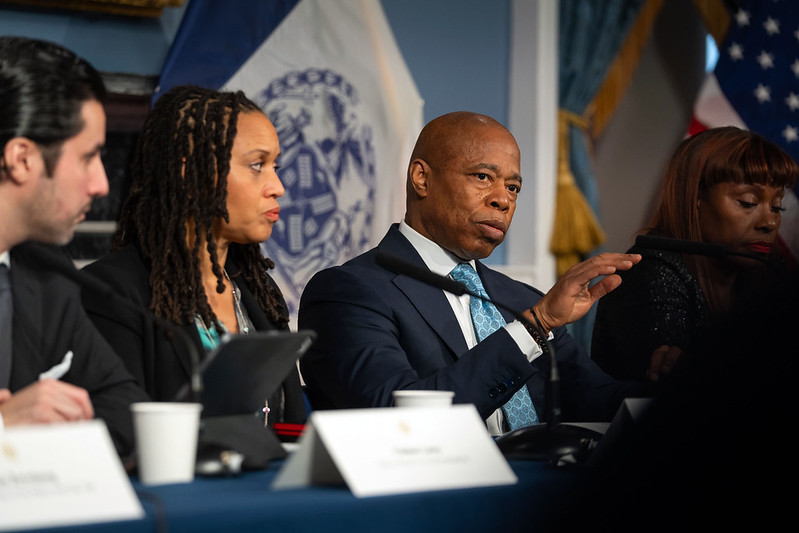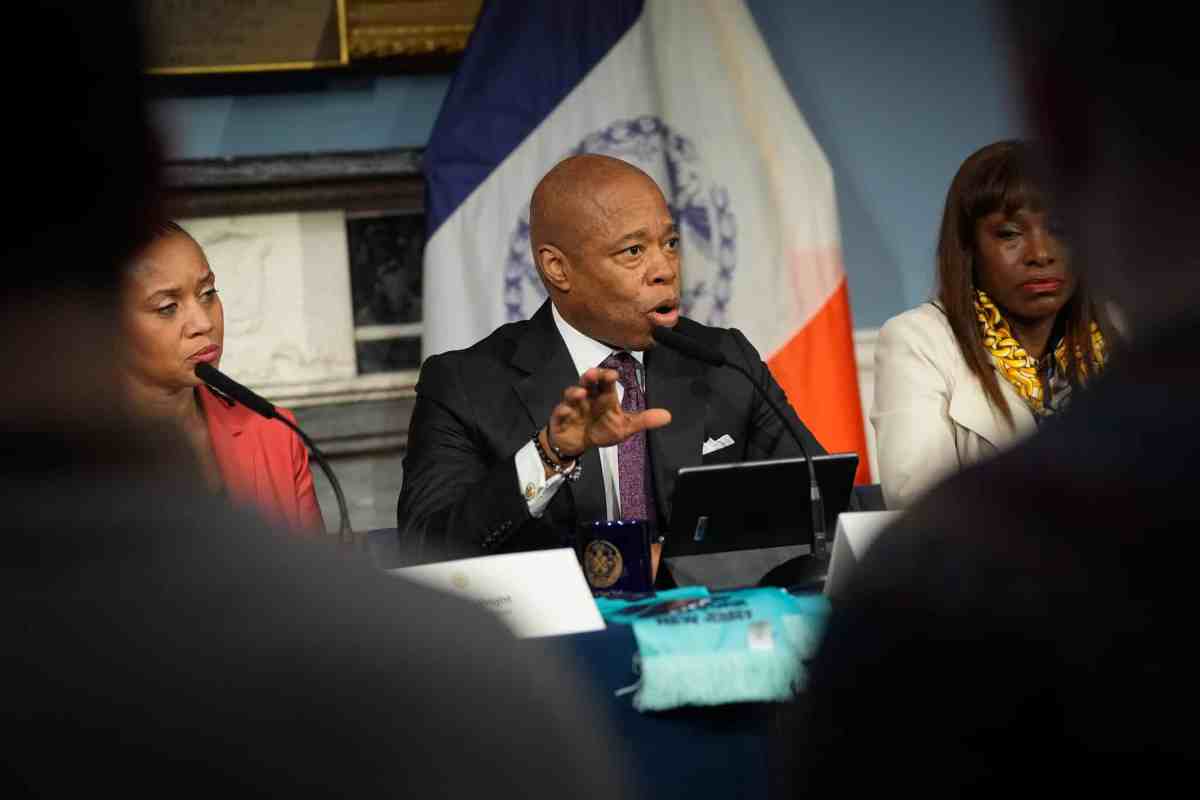Two recent cases stand out as Queens marks Domestic Violence Awareness Month.
In Jamaica a 28-year-old Mexican immigrant pleaded guilty to stabbing his wife to death in Jamaica as she slept after seeing the picture of another man on her cell phone. He also murdered his young daughters with the same knife after kissing and hugging them.
A Queens jury found a retired Briarwood police officer of killing his wife by firing 13 bullets into her head and torso in their apartment.
Shockingly, these two incidents were just a tiny part of the thousands of domestic violence reports police receive every year. In fact, City Councilman Elizabeth Crowley (D-Ridgewood) wrote a letter to this paper last week saying the NYPD responded to 55,998 domestic violence incidents in Queens last year.
These numbers are hard to digest. Faced with the human toll from domestic violence and the psychological harm suffered by young children who are witness to such attacks, the city has launched an aggressive campaign to bring abused women out of the shadows.
Many victims are afraid to come forward and speak out against their tormentors, particularly immigrant women and those who entered the country illegally. Queens’ richness is its diversity, which can also keep women who do not speak English locked away in small ethnic circles in a modern form of purdah.
The Mayor’s Office to Combat Domestic Violence has targeted Queens, where it has started a human trafficking intervention program to provide free legal services to victims on immigration issues. The project is based at the Family Justice Center in Queens, where a large number of the city’s sex trafficked victims have sought help.
In a disturbing trend, domestic violence cases have surged in the city’s public housing projects, more than doubling in the past four years. According to NYCHA, 14 percent of all crime in the city occurs in the projects, including Queensbridge in Long Island City.
Alarmed by the outbreaks of violence on their home turf, hundreds turned out for NYCHA’s domestic violence conference last weekend at Hostos Community College in the Bronx to review the mayor’s plan. The mayor has implemented a $210 million program to cut crime at NYCHA by deploying more police, restoring the buildings and involving more city agencies in the fight.
The city has a wide range of services to provide sanctuary for the families of domestic violence victims.
We urge these victims to speak up and turn to the Family Justice Center in Queens to the help break the terrible silence that imprisons so many women.






























